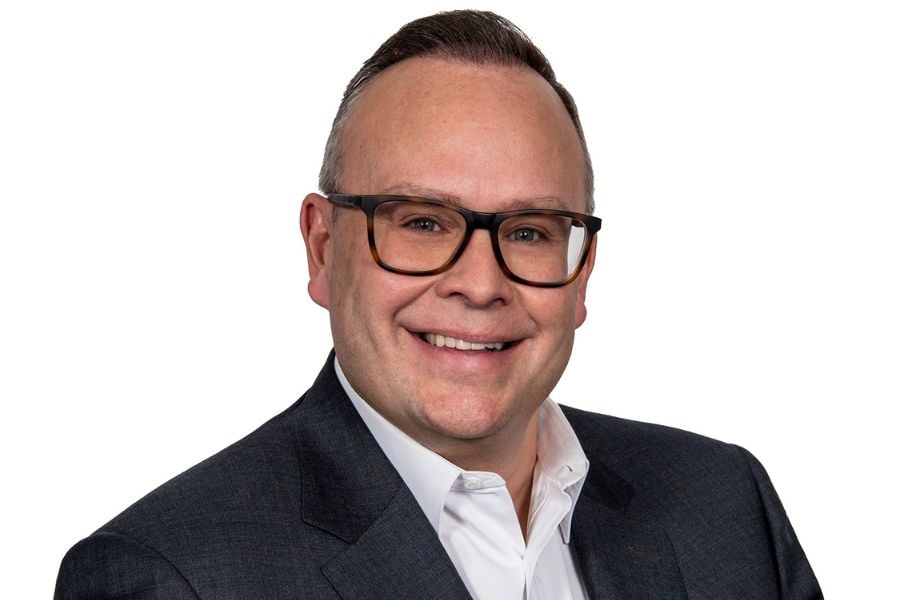

M&A in the Canadian RIA market remains robust thanks to a push from private equity. It may not be as hot as in America, but it's not bad at all for the “Great White North,” said Shaun Hauser, CEO of Wellington-Altus Financial, a Canadian wealth management firm.
“We're not the American model because the RIA and the wirehouse industries in the United States are as big as it gets, with Canada running around 9% of the American industry,” Hauser said. “There are definitely opportunities for M&A in Canada, but lesser so.”
Driving a lot of the mergers on both sides of the border are private equity firms pumping money into RIAs with the goal of heightening growth by snapping up smaller wealth management firms.
The Cynosure Group, for example, has about a 15 percent stake in Wellington-Altus. The Salt Lake City, Utah-based private equity player first invested in the Winnipeg-based RIA in 2021. The majority of the rest of Wellington-Altus' shares are held by its partners and more than 830 employees.
Wellington-Altus was founded in 2017 and has since sprinted to nearly CA$30 billion in AUM through organic and inorganic growth.
“We have a fantastic long-term minority private equity partner in The Cynosure Group,” said Hauser. “They have the same ambitions that we have as a management team, which is playing the long game, not being short-sighted, and doing what's right, not what's easy.
“When we started building this thing, we wanted a partner that allowed us to continue to look five moves ahead," he added. "We wanted the ability to not sway from our strategy, and our private equity partners shared our vision and have allowed us to continue to execute in spite of any market condition or pandemic that's been thrown at us the last six years.”
A successful investment advisor in Winnipeg prior to helping found Wellington-Altus, Hauser has worked in the wealth management industry since 1998. He also worked for Wellington West, managing operations and sales for the asset management subsidiary. Most recently, Hauser served on the executive committee of NBF Wealth Management, where he was vice president of advisor strategy and support.
And while his private equity partners may reside below the Canadian border in Utah, Hauser maintains that the differences in which the way RIAs in the two countries operate are minimal. The major difference, in his opinion, is scale.
“They have the same concerns and the same issues with their clients,” said Hauser. “There are regulatory differences and there are some size and scale differences that American counterparts are afforded that the Canadians aren't. But generally speaking, an advisor is an advisor in North America, and they have the same, risks, wants, needs for all clients.”
Perhaps one difference between the two sets of advisors is the relatively outsized allocation to mining stocks by Canadian managers, as well as to gold, which continues to set new record highs. Hauser cops to this Canadian tendency to allocate to hard assets, attributing it to a “home team bias.”
“Much like an American advisor would have an American bent to the portfolio and the holdings in that portfolio, I think the same applies to Canadians,” he said.

Relationships are key to our business but advisors are often slow to engage in specific activities designed to foster them.

Whichever path you go down, act now while you're still in control.

Pro-bitcoin professionals, however, say the cryptocurrency has ushered in change.

“LPL has evolved significantly over the last decade and still wants to scale up,” says one industry executive.

Survey findings from the Nationwide Retirement Institute offers pearls of planning wisdom from 60- to 65-year-olds, as well as insights into concerns.
Streamline your outreach with Aidentified's AI-driven solutions
This season’s market volatility: Positioning for rate relief, income growth and the AI rebound
